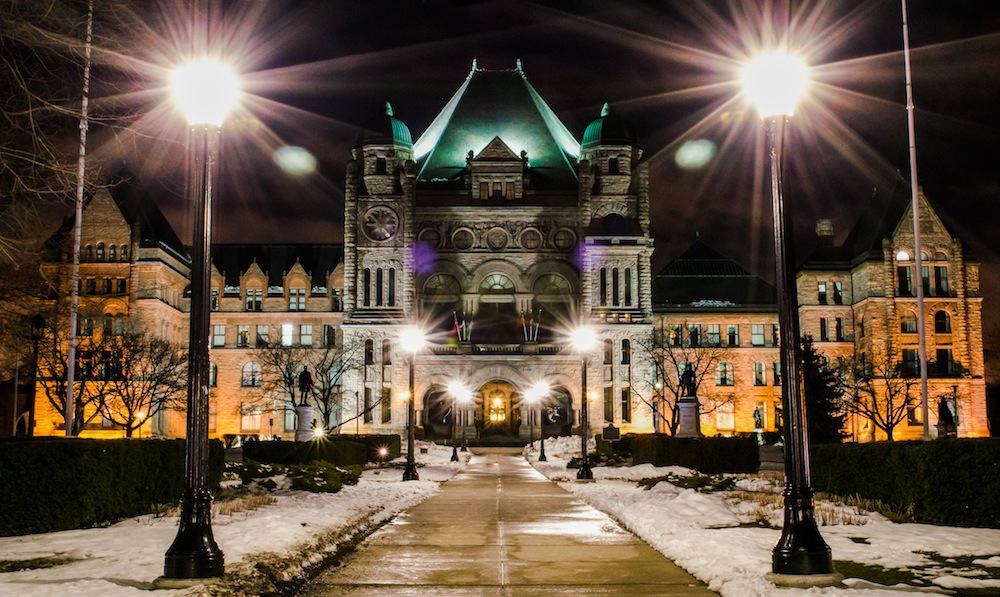Across the province, candidates are filing their nominations for positions on various municipal councils and school boards. Many politicians use municipal elections as a springboard for their future careers, since candidates in municipal elections are better able to have their names remembered, as opposed to the political party affiliation present in provincial and federal elections.
In order to gain name recognition, candidates must use available resources: money and influence. For example, the spending limit for the Toronto mayoral election is approximately $1.3 million, and the spending limit for the Mississauga equivalent is $385,000. Both are incredibly large sums, and require fundraising that the average person is simply unable to do, which limits elections to a minority of people who are wealthy and have contacts in high places to support them, and excludes an incredibly important demographic: the youth.
Whether we believe that young people are more or less suited for politics is irrelevant because democracy by nature is supposed to be accessible for all. However, campaigns are dependent on money to finance advertising — lawn signs, attack ads, flyers, brochures, pamphlets, and so forth — which is not accessible to youth. And while it is true that anyone can run in the election, there is no chance of someone without the finances winning it.
Young people often have a unique passion for politics, while not being jaded by the system. As a society, we need to encourage youth involvement, not force them out. As young people become more disenfranchised by the political process, they will choose not to partake in it at all.
What are the real effects of having elections won with money? In short, it lowers the campaign down to the lowest common denominator, by reducing ideas down to what can fit in an advertisement. The winner of an election is not the candidate with the best ideas, but rather the candidate who is best marketed. This causes campaigns to lose actual content in favour of one or two slogans.
By encouraging youth involvement in politics, however, we can create a bright political future. By removing the money qualification, we can create a system where youth can be involved in the political process, and can begin to make elections about ideas, instead of about catchy slogans.
Young people at U of T should become involved in the political process, and run for office. If we continue to do nothing, the culture of elections being won with money will continue. But if we make a statement — that we do not want politics to be limited to those who can afford it — then it will have to stop. If we create alternatives to the standard model, an alternative that presents ideas rather than slogans, we likely will not win, but we will draw attention to the inequality presented by the political process, which is almost as good.
Stephen Warner is a first-year student studying political science.


